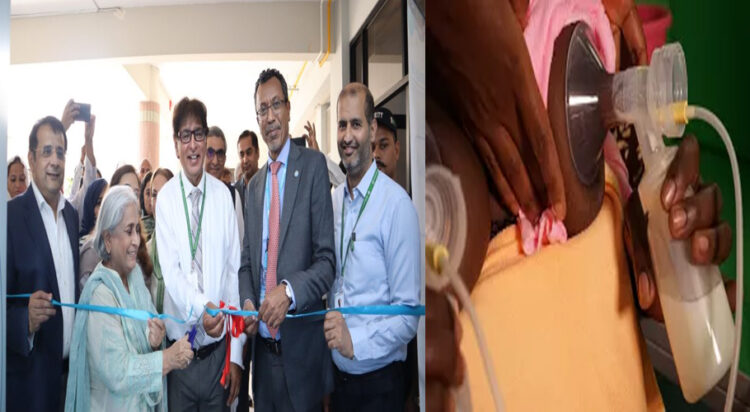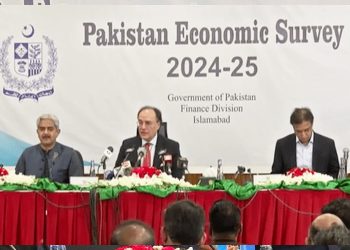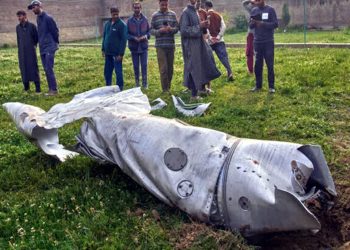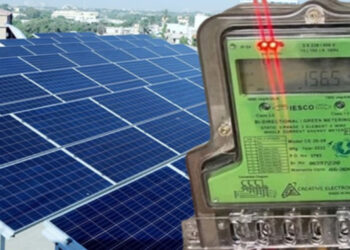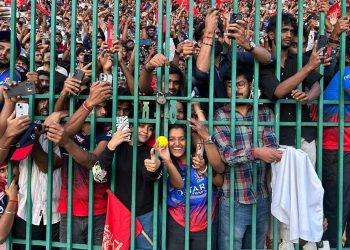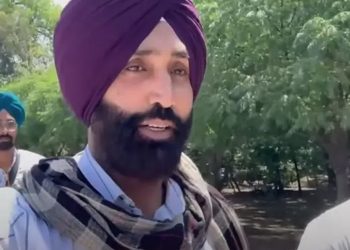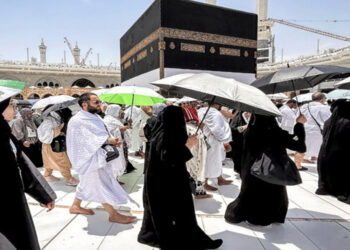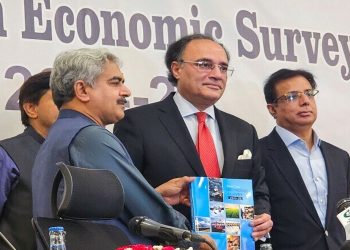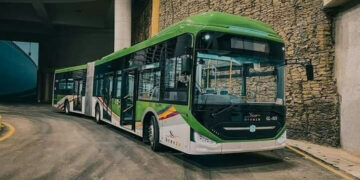Religious scholars have released Fatwas against the recently inaugurated Pakistan’s first human milk donor bank.
This human milk bank, the first of its kind in Pakistan, was opened at the Sindh Institute of Child Health and Neonatology in Korangi with the cooperation of UNICEF. It allows mothers to donate milk for newborns who, for any reason, are unable to be breastfed by their own mothers.
It has been stated that a complete record of the women donating milk and the children receiving it will be maintained. The donated milk will also be provided to children in other hospitals when necessary.
The news of the human milk bank’s opening has sparked a storm of debate on social media. On one side, the religious community argues that such a bank is against Sharia principles and is therefore prohibited (haram), while the other side fully supports this initiative.
Various religious scholars have expressed that this act, carried out under the guise of human welfare, contradicts the divine commandment regarding the prohibition of milk kinship (Rada’a). They emphasize that relationships that are prohibited for marriage due to lineage can also be prohibited due to milk kinship.
The scholars argue that establishing a human milk bank is a deliberate conspiracy against the Islamic rulings on milk kinship and part of a Western agenda. They are appealing to all Muslims, mosque imams, and religious circles to raise their voices against it.

Prominent religious scholar Maulana Zahid al-Rashidi has also joined the discussion. He contends that this practice undermines the Sharia-based system of relationships. He argues that with such milk feeding, it will be unclear who is whose son or sister, which could lead to complications in recognizing lawful and unlawful marriages. He has called upon the Federal Shariat Court and the Islamic Ideology Council to take notice of this initiative.







